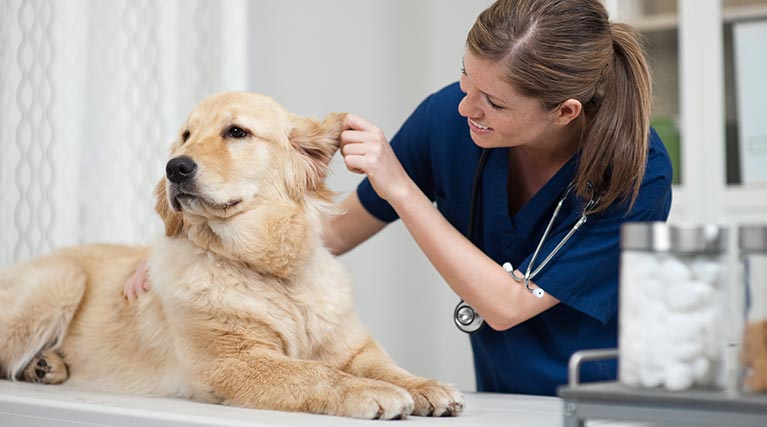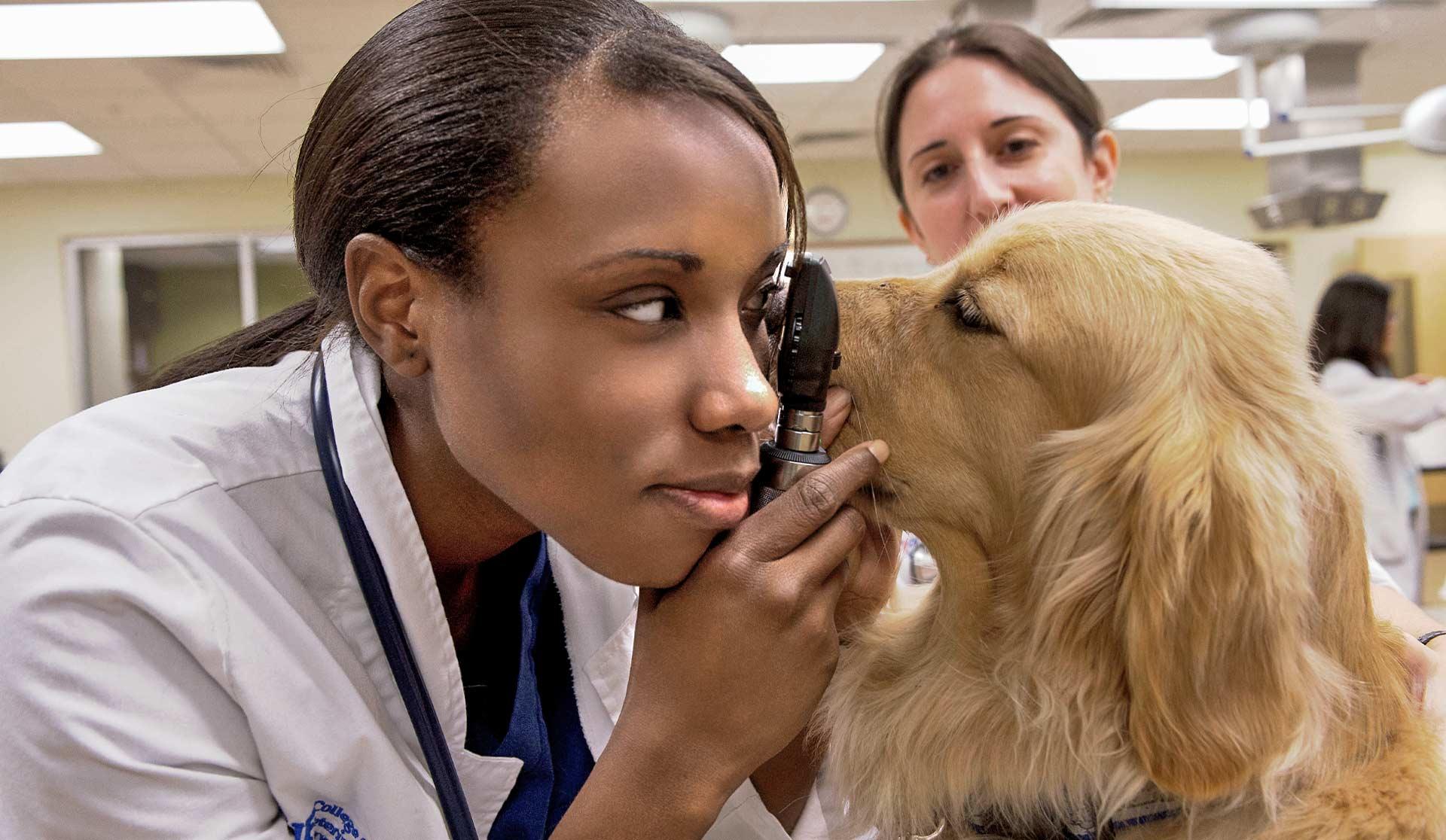Keep Your Pet Healthy And Balanced with Regular Pet Health Checkups from Trusted Vets
Keep Your Pet Healthy And Balanced with Regular Pet Health Checkups from Trusted Vets
Blog Article
Inoculation Guidelines From Your Trusted Vet
Inoculation standards provided by your trusted vet play a critical role in protecting your animal's health and wellness and well-being. Additionally, addressing usual misconceptions bordering vaccines can additionally boost animal owners' confidence in these preventative procedures.

Significance of Vaccinations
Vaccinations play a crucial role in safeguarding pets versus a series of preventable illness. By promoting the body immune system to identify and battle particular microorganisms, vaccines substantially decrease the occurrence of contagious diseases that can impact a family pet's health and durability. Not just do inoculations secure private pets, however they additionally add to herd immunity, thus lowering the general occurrence of conditions in the animal population.
Prompt vaccinations assist to reduce the spread of illness such as rabies, parvovirus, and distemper, which can have extreme consequences for both pets and humans. Moreover, inoculations are often a requirement for boarding centers, brushing solutions, and pet dog parks, making them important for those who desire to socialize their animals.

Core Vaccines for Pets
While the particular vaccination requirements of family pets can vary based upon private variables, core vaccines are widely recommended to safeguard against one of the most common and serious illness (Emergency Vet). Core vaccines are those regarded important for all pet dogs, despite their way of living or geographical place, as they protect against potentially deadly and very contagious health problems
For pets, the core vaccinations consist of those for canine distemper, parvovirus, adenovirus (hepatitis), and rabies. Adenovirus can result in liver illness, while rabies is a zoonotic condition that poses a risk to both humans and family pets.
In cats, core vaccinations include feline panleukopenia, feline calicivirus, feline herpesvirus (rhinotracheitis), and rabies. Feline panleukopenia is an extremely contagious viral condition that impacts the body immune system and intestinal tracts. Calicivirus and herpesvirus are major contributors to top respiratory infections in pet cats, while rabies stays a crucial worry for public health.
Speak with your vet to ensure your pet dogs get their core vaccinations on time.
Non-Core Vaccines Explained
Non-core injections are tailored to attend to specific threats linked with an animal's environment, exposure, and lifestyle to certain conditions. Unlike core vaccines, which are universally advised for all animals, non-core vaccines are thought about browse around this site based on individual circumstances. These injections are specifically crucial for animals that might come blog across special microorganisms because of their geographical place, travel practices, or activities.
Instances of non-core vaccines include those for Bordetella bronchiseptica, which is connected to kennel coughing, and Lyme illness, brought on by ticks. Family pets that frequently connect with various other pets, such as those in boarding facilities, pet parks, or brushing environments, may profit from Bordetella inoculation. If you live in a location where Lyme illness is common, vaccinating against this condition can be a sensible selection for outdoor-loving pet dogs.
Other non-core injections may include those for leptospirosis, canine influenza, and feline leukemia, depending on the certain danger factors present. It is necessary to have a detailed discussion with your veterinarian about your animal's lifestyle and the potential requirement for these vaccinations, making sure a tailored vaccination strategy that ideal secures your hairy close friend.
Vaccination Set Up Overview

As pet dogs grow, it is very important to follow the suggested booster inoculations. Pet Health Checkup. For adult pets, core injections are generally provided every one to three years, depending on the details injection and regional policies. Non-core vaccines might be advised based on way of living aspects and local disease frequency, necessitating a customized strategy
Normal vet exams are important for updating inoculation routines. Your veterinarian can offer assistance on one of the most appropriate booster shots for your animal, factoring in age, wellness condition, and environmental threats. By remaining proactive and notified, pet owners can guarantee their hairy friends receive timely and efficient inoculations, therefore protecting their wellness and health throughout their lives.
Common Myths Regarding Injections
Misunderstandings concerning animal vaccinations can result in confusion and reluctance amongst family pet owners regarding the immunization process. One common myth is that vaccines are unnecessary for indoor pets. While it's real that indoor animals encounter reduced threats, they are not totally immune to illness, as microorganisms can be presented with various methods, including human apparel and other pet dogs.
One more misunderstanding is that injections can create the illness they Go Here aim to prevent. Actually, a lot of vaccines have suspended or undermined pathogens, which can not create condition in healthy pets. Some animal proprietors additionally think that their family pets should not be vaccinated if they are currently healthy and balanced; however, inoculations are a positive procedure that aids protect against the start of health problem.
Additionally, many pet dog proprietors are afraid that injections will certainly lead to long-lasting wellness problems. The advantages of vaccination-- securing animals from possibly lethal diseases-- far surpass the threats.
Final Thought
In summary, adherence to vaccination standards is critical for guaranteeing the health and longevity of animals. Dispelling typical myths surrounding inoculations additionally reinforces the importance of notified decision-making in pet dog care.
Not just do vaccinations safeguard specific animals, however they additionally contribute to herd resistance, therefore lowering the overall prevalence of diseases in the pet dog populace.
Misunderstandings concerning pet dog vaccinations can lead to confusion and unwillingness amongst pet owners pertaining to the booster shot process. While it's real that indoor pets deal with lower risks, they are not entirely immune to conditions, as microorganisms can be presented through various ways, including human garments and other pet dogs.
Some family pet owners additionally believe that their family pets need to not be vaccinated if they are already healthy; nevertheless, vaccinations are a proactive procedure that helps protect against the onset of ailment.
The benefits of vaccination-- protecting pet dogs from potentially serious conditions-- much surpass the threats.
Report this page